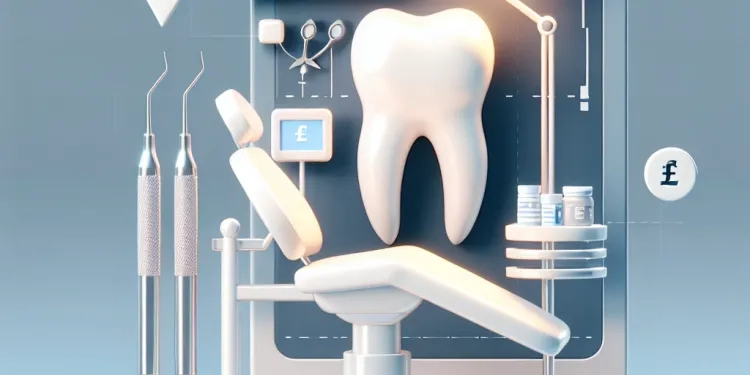
Find Help
More Items From Ergsy search
-

How often should I have a dental check-up on the NHS?
Relevance: 100%
-
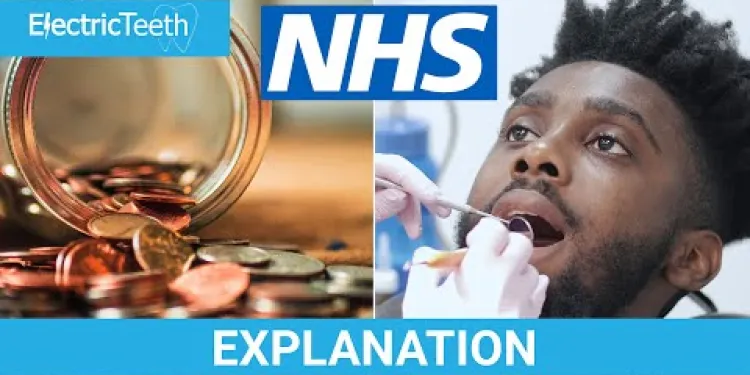
NHS Dental Charges Explained
Relevance: 63%
-
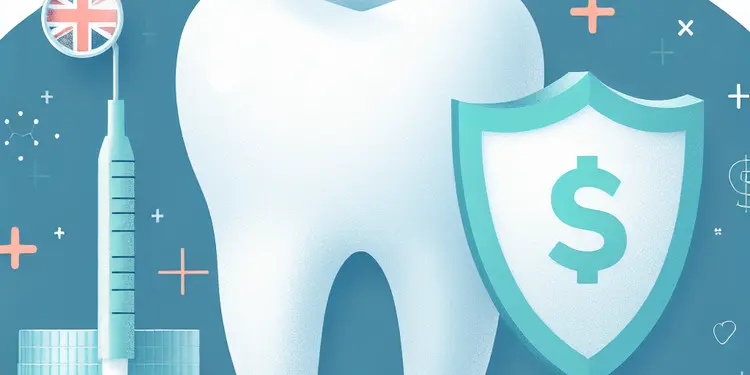
What treatments are covered by the NHS dental services?
Relevance: 60%
-
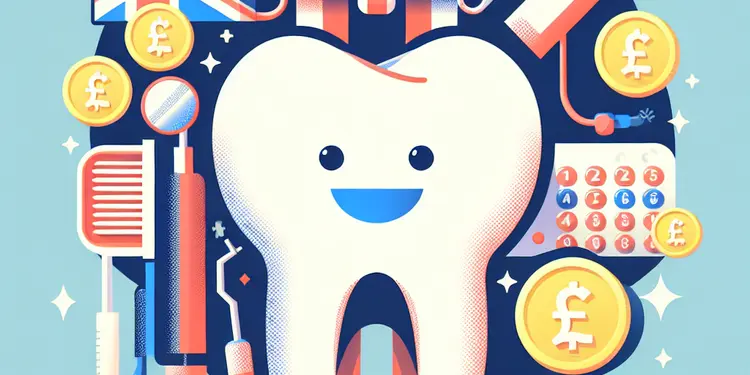
Can children get free NHS dental care?
Relevance: 59%
-
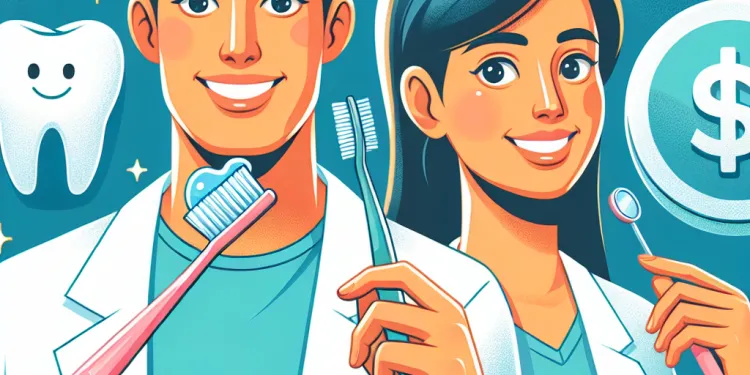
Dental Health: Tips for All Ages
Relevance: 57%
-
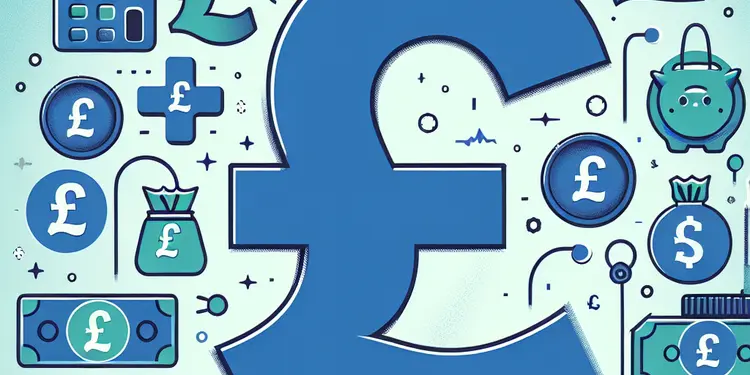
Are NHS dental charges different across the UK?
Relevance: 56%
-
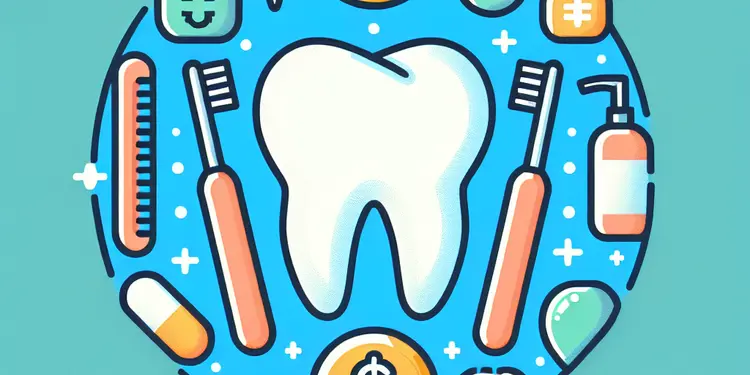
What if I need urgent dental care?
Relevance: 56%
-
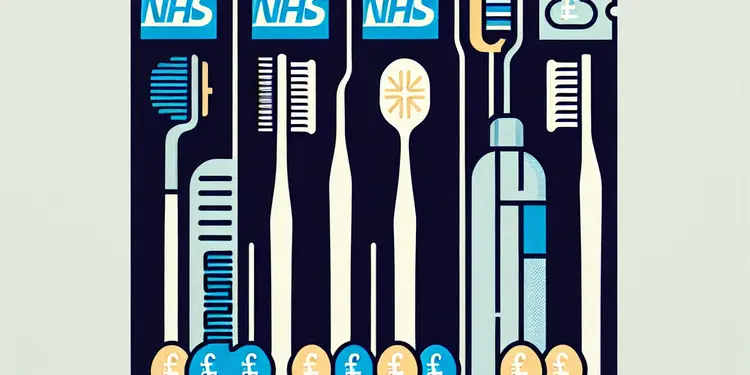
Are there waiting lists for NHS dental treatment?
Relevance: 56%
-

Are all dental appointments free on the NHS?
Relevance: 55%
-

Can I get an emergency NHS dental appointment?
Relevance: 55%
-

What treatments are covered by the NHS dental service?
Relevance: 54%
-
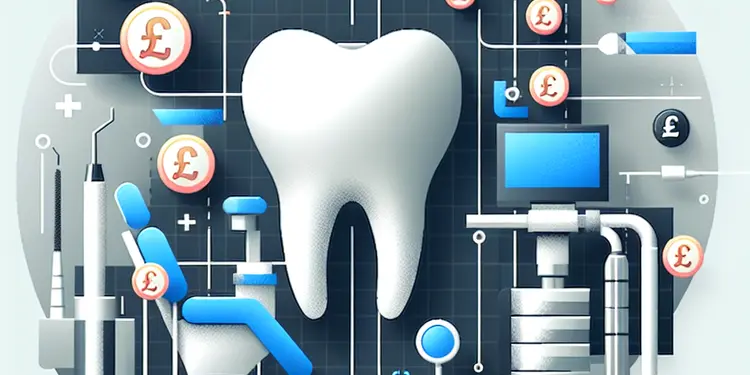
Can I get cosmetic dental treatment on the NHS?
Relevance: 54%
-

Are there any extra charges for NHS dental treatments?
Relevance: 53%
-
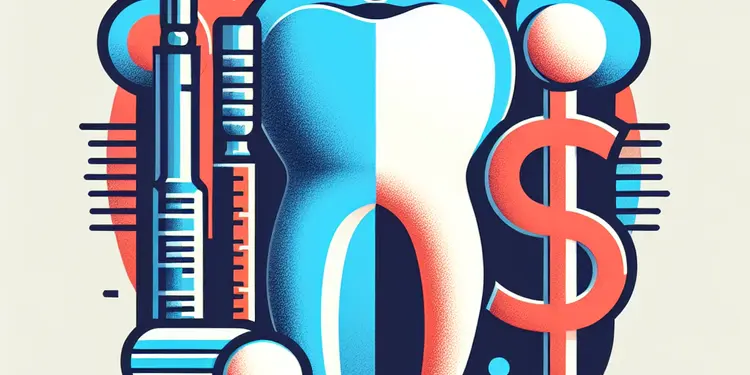
What is the role of dental sealants in preventing tooth decay?
Relevance: 53%
-
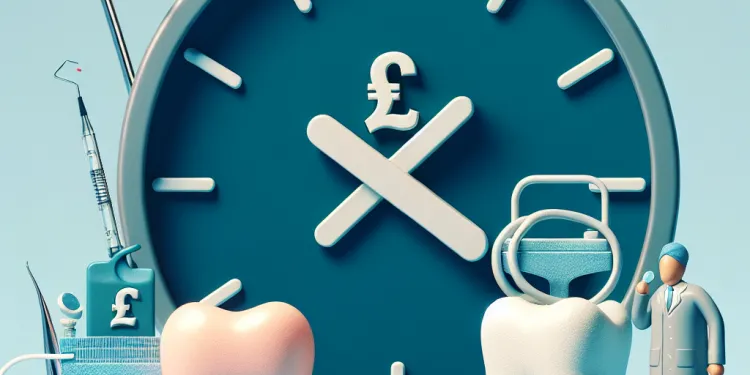
How long will I have to wait for an NHS dental appointment?
Relevance: 53%
-
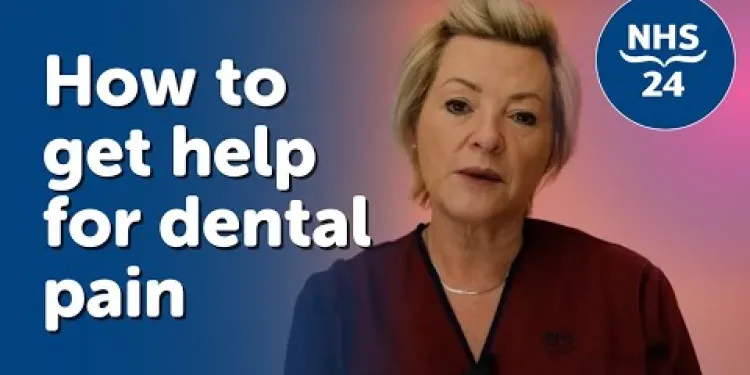
NHS 24 | How to get help for dental pain
Relevance: 52%
-
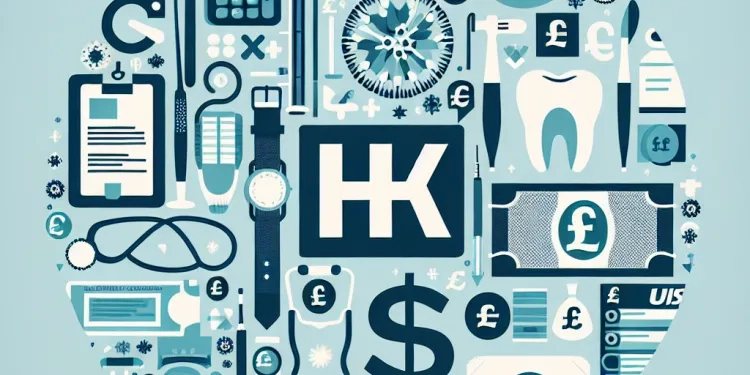
What should I bring to my NHS dental appointment?
Relevance: 51%
-
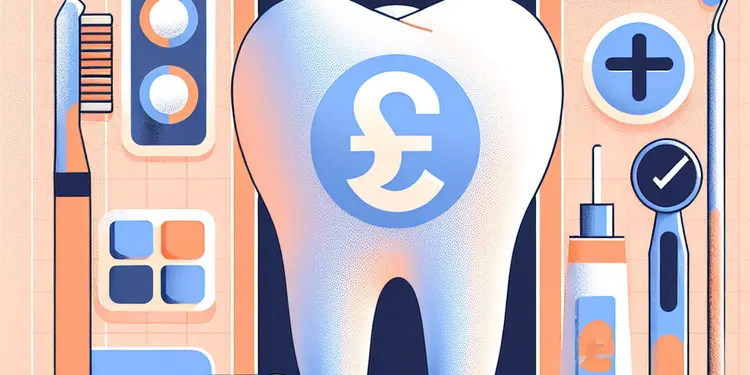
How much will I have to pay for NHS dental treatment?
Relevance: 51%
-
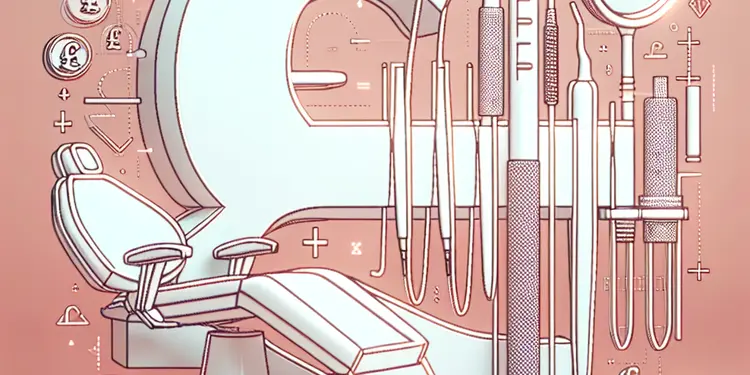
Can I use private dental services if I'm on the NHS list?
Relevance: 50%
-
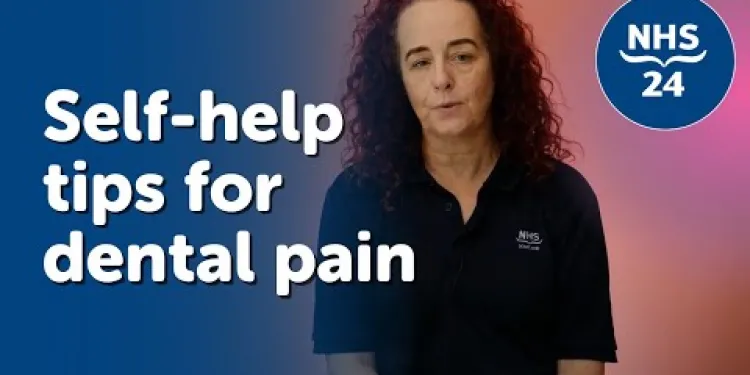
NHS 24 | Self-help tips for dental pain
Relevance: 49%
-
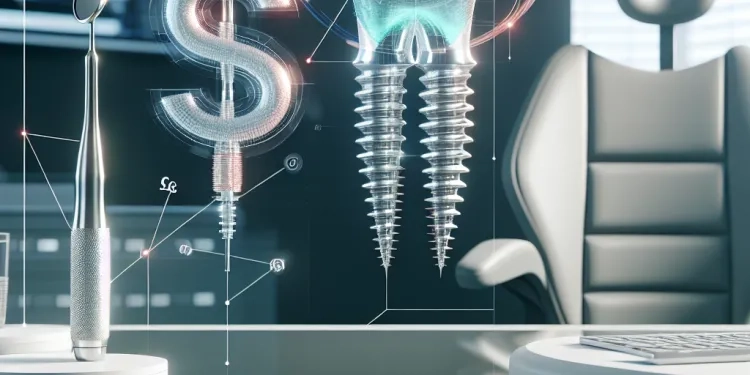
Can I get dental implants on the NHS?
Relevance: 48%
-
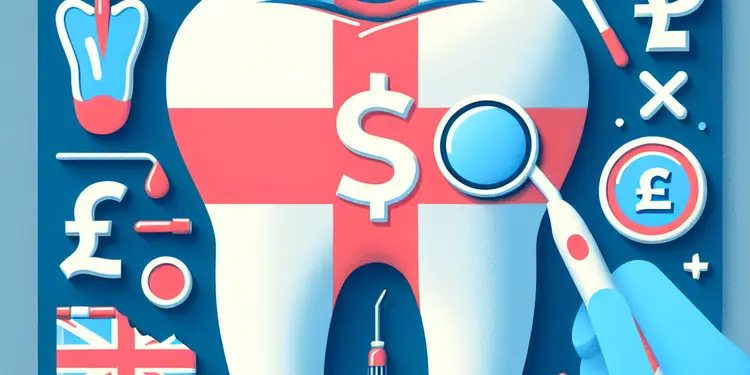
What if I'm not satisfied with my NHS dental treatment?
Relevance: 48%
-
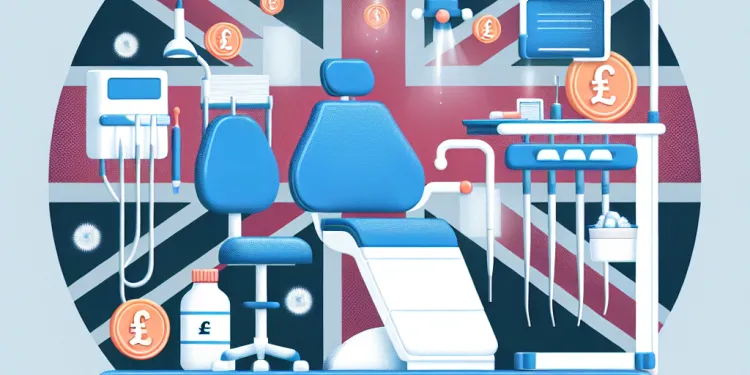
Will Brexit affect my access to NHS dental treatments?
Relevance: 47%
-
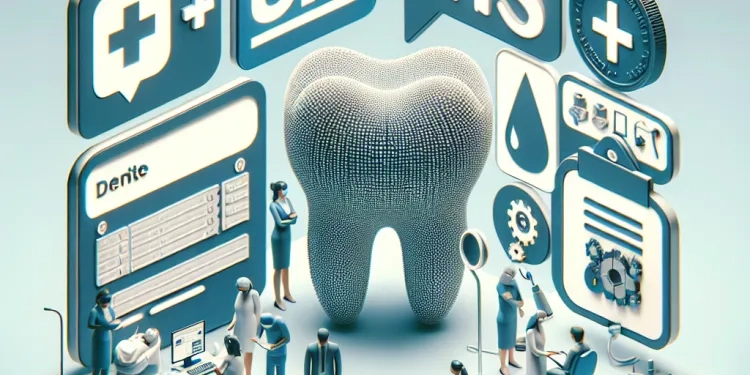
What happens if I miss my NHS dental appointment?
Relevance: 46%
-

Is it safe to get dental work done in Turkey?
Relevance: 46%
-
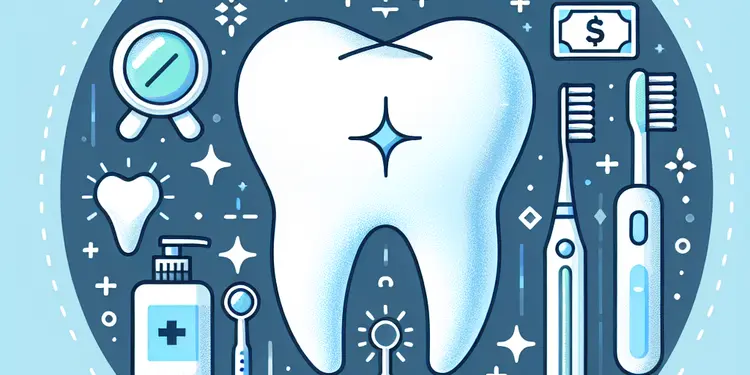
How do I choose the right dental clinic in Turkey?
Relevance: 46%
-
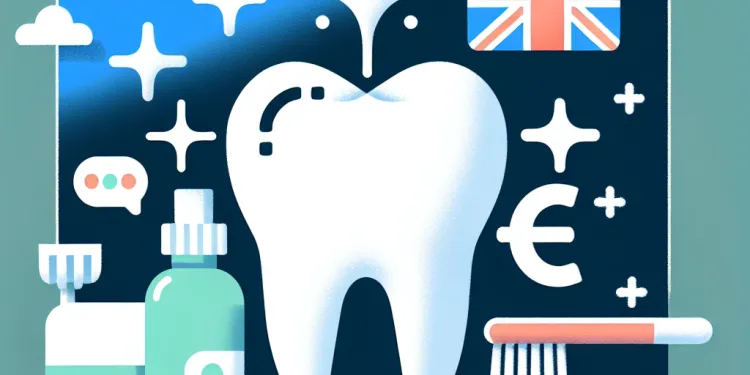
How do I know if I'm eligible for free NHS dental care?
Relevance: 45%
-

Is sedation available during NHS dental treatments?
Relevance: 45%
-
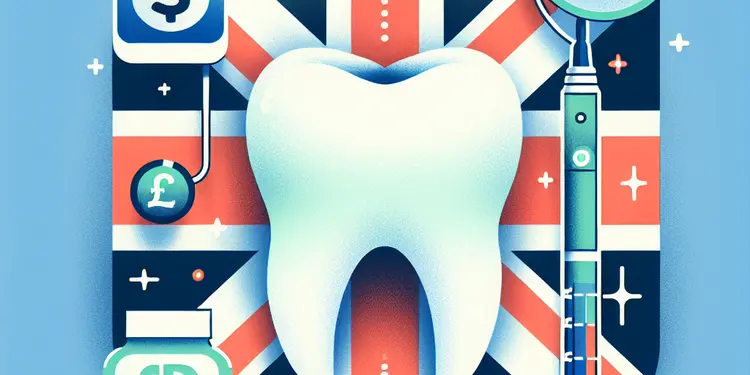
What languages do NHS dental clinics typically support?
Relevance: 44%
-
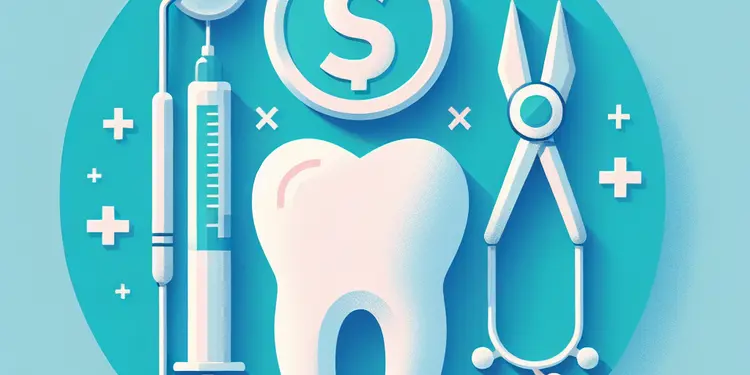
Do I need to be a registered patient to get emergency NHS dental care?
Relevance: 44%
-
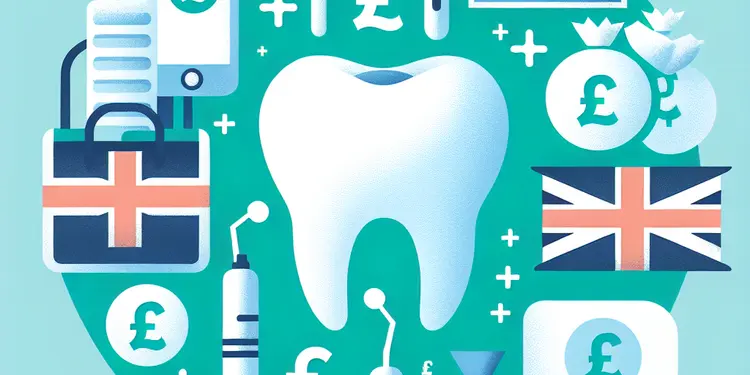
How often should I visit my NHS dentist?
Relevance: 44%
-
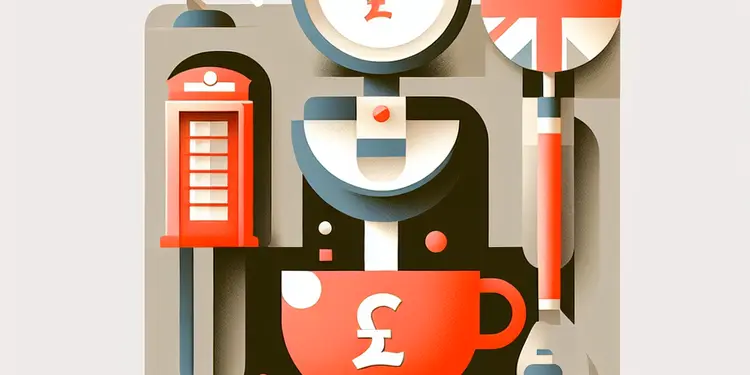
How can I provide feedback about my NHS dental care?
Relevance: 43%
-

Can I get Turkey Teeth if I have existing dental issues?
Relevance: 42%
-
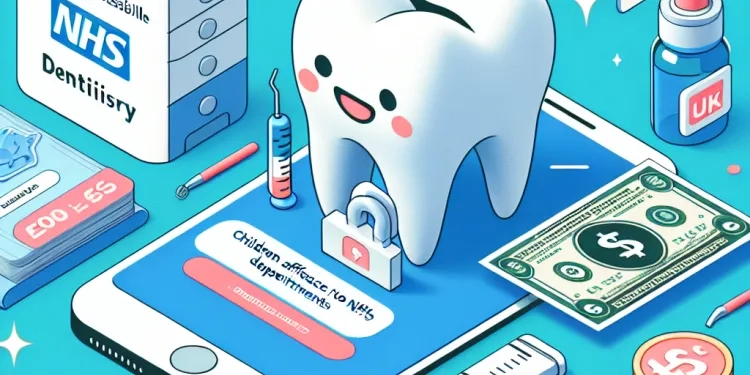
Can children get NHS dentist appointments?
Relevance: 40%
-

Do NHS dentists cover cosmetic treatments?
Relevance: 36%
-
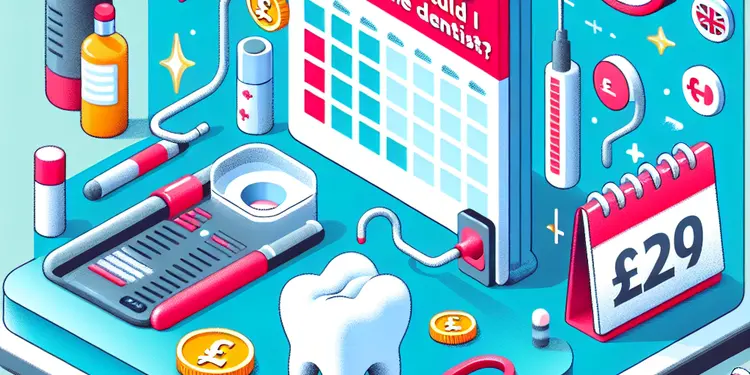
How often should I visit the dentist?
Relevance: 33%
-

How can I maintain my Turkey Teeth after the procedure?
Relevance: 33%
-
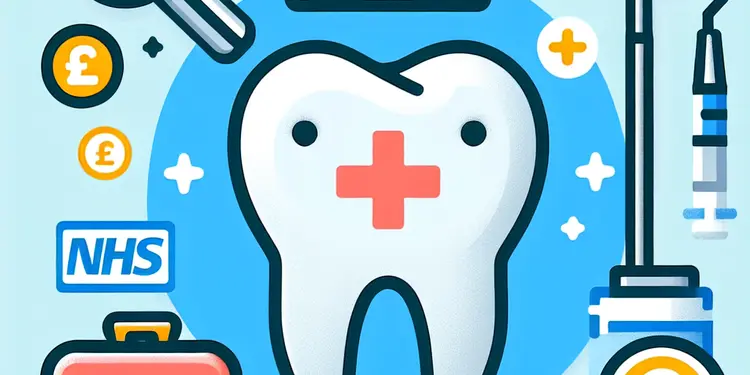
Do I need a referral to see an NHS dentist?
Relevance: 33%
-
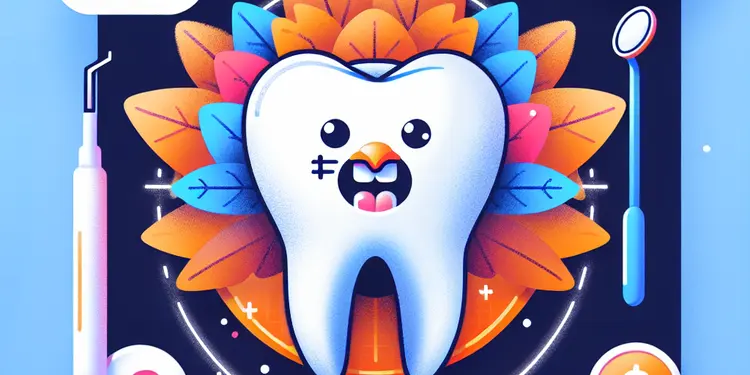
What should I consider before getting Turkey Teeth?
Relevance: 32%
-
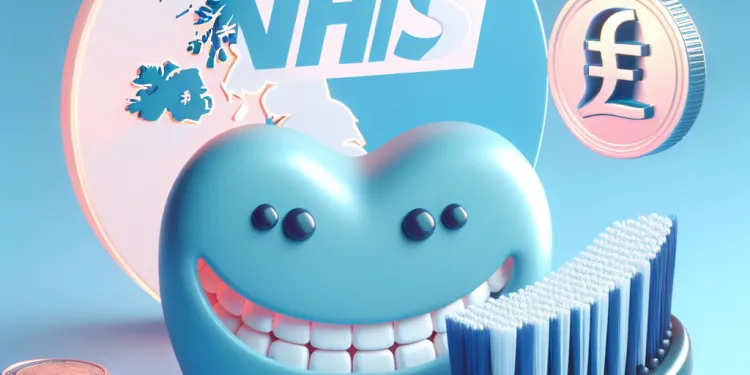
Can I get a dentist appointment on the NHS?
Relevance: 32%
Understanding Dental Check-Ups on the NHS
The frequency of dental check-ups on the National Health Service (NHS) can vary depending on individual oral health needs. The NHS provides guidance on how often one should visit a dentist, which takes into account personal dental health and any specific risk factors that may require more frequent visits.
General Recommendations for Check-Ups
In the United Kingdom, the standard recommendation for dental check-ups is every six months. However, this guideline is flexible, and the actual frequency should be determined by your dentist after considering your oral health status. People with excellent oral health may not need to see a dentist as often, while others with ongoing dental issues may require more frequent visits.
Customizing Your Dental Check-Up Schedule
After a thorough examination, your dentist will suggest how frequently you need to come in for check-ups. For example, children and teenagers might need regular appointments to monitor their developing teeth and ensure proper oral hygiene practices are being followed. Similarly, older adults may require more frequent visits due to age-related dental issues like gum disease or wear and tear of the teeth.
Considering Health Risks and Lifestyle Factors
Your personal lifestyle and habits also play a role in determining how often you should have a check-up. Individuals who smoke, have a high sugar intake, or suffer from certain medical conditions (such as diabetes) may be at an increased risk of dental problems and might benefit from more frequent dental visits.
What Happens During a Dental Check-Up?
During a dental check-up, your dentist will examine your teeth, gums, and mouth. They will look for any signs of dental issues, such as cavities, gum disease, or oral cancer. The dentist will also provide you with advice on maintaining good oral hygiene, dietary habits, and may perform professional cleaning if necessary.
NHS Cover for Dental Check-Ups
Under the NHS, dental check-ups are covered and categorized under Band 1 charge, which includes an examination, diagnosis, and advice. If additional treatments are required, they may fall under different NHS charge bands with additional costs. It's essential to ensure you are receiving appropriate dental care and that you are aware of any charges that may apply.
Conclusion
Regular dental check-ups are an essential part of maintaining oral health. While the general recommendation is every six months, individual needs may vary. It is important to follow your dentist's advice on the optimal frequency for your check-ups. By doing so, you can prevent dental problems or address them early, ensuring long-term oral health.
Understanding Dental Check-Ups on the NHS
Dental check-ups on the NHS can happen at different times for different people. How often you need a check-up depends on your teeth and mouth health. The NHS can help you know when to see a dentist. This is based on how healthy your teeth are and if you might need more check-ups.
General Recommendations for Check-Ups
In the UK, it is often suggested to see a dentist every six months. But, this can change. Your dentist will tell you how often to come based on how healthy your teeth are. If your teeth are very healthy, you might not need to go as much. If you have tooth problems, you might need to go more.
Customizing Your Dental Check-Up Schedule
Your dentist will check your teeth and tell you when to come back. Children and teenagers might need to go often to check their growing teeth. Older people might need to go more because of problems like sore gums or worn-out teeth.
Considering Health Risks and Lifestyle Factors
Your lifestyle or habits can change how often you need a check-up. If you smoke, eat a lot of sugar, or have health problems like diabetes, you might need to see the dentist more often because your teeth might have more problems.
What Happens During a Dental Check-Up?
At a dental check-up, the dentist looks at your teeth, gums, and mouth. They check for any problems like holes in teeth, sore gums, or other issues. The dentist will tell you how to keep your teeth clean and might clean your teeth too.
NHS Cover for Dental Check-Ups
The NHS helps pay for dental check-ups. These are included in Band 1, which covers looking at your teeth and giving advice. If you need more treatment, it might cost more and be in a different band. It's important to know what care you need and what it will cost.
Conclusion
Going to the dentist regularly is important for keeping your teeth healthy. While six months is a good guide, listen to what your dentist says. They know what is best for your teeth. This helps you fix problems early and keep your mouth healthy for a long time.
Frequently Asked Questions
How often should I have a dental check-up on the NHS?
The NHS recommends that the frequency of dental check-ups should be based on a patient's specific oral health needs. Generally, check-ups can range from every 3 months to 2 years, depending on the individual's oral health.
What factors determine the frequency of NHS dental check-ups?
The frequency of NHS dental check-ups is determined by factors such as the patient’s oral health, dental history, and risk of future dental disease.
Is there a standard interval for NHS dental check-ups?
No, there is no standard interval. The dentist will assess your oral health and determine the best interval for your situation.
Can I have more frequent check-ups if needed?
Yes, if your dentist believes you need more frequent monitoring, they will recommend shorter intervals between check-ups.
Should children have frequent NHS dental check-ups?
Yes, children should have regular dental check-ups. The dentist will recommend suitable intervals depending on their oral health needs.
What if I have healthy teeth? Do I still need to go for regular check-ups?
Even with healthy teeth, regular dental check-ups are important to prevent potential oral health problems and maintain optimal dental health.
How will I know when my next NHS check-up is due?
Your dentist will inform you of when to return for your next check-up, based on your oral health assessment.
Can lifestyle choices affect the frequency of my dental check-ups?
Yes, lifestyle choices such as smoking, diet, and oral hygiene habits can impact the frequency at which you might need dental check-ups.
Do NHS dental check-ups include routine cleaning?
Yes, a typical check-up may include cleaning and scaling if necessary, along with an examination of your teeth and gums.
Can dental conditions change the recommended interval for check-ups?
Yes, having conditions like gum disease or a history of dental problems may necessitate more frequent check-ups.
Are NHS dental check-ups free?
NHS dental check-ups have a charge unless you are exempt for specific reasons, such as being under 18 or on certain benefits.
How can I find out the cost of an NHS dental check-up?
You can check the NHS website or consult your dental practice to know about the cost of check-ups and any exemptions.
Could skipping regular dental check-ups lead to oral health issues?
Yes, skipping check-ups can allow oral health issues to develop unnoticed, potentially leading to more challenging and costly treatments later.
Can pregnant women receive free NHS dental check-ups?
Yes, pregnant women and those who have given birth in the last 12 months can receive free NHS dental check-ups.
Does NHS cover emergency dental check-ups?
Yes, the NHS provides cover for emergency dental treatment.
How are NHS dental check-ups affected by COVID-19?
Dental services may have adjusted practices to ensure safety, so it’s advised to check with your dentist for the latest guidelines.
Can I choose my dentist for NHS check-ups?
Yes, you can choose a dentist that provides NHS services, but they must have availability to accept you as a patient.
What preparations should I make for an NHS dental check-up?
Ensure regular oral hygiene practices and note any concerns or symptoms you want to discuss with your dentist.
Can I get a reminder for my NHS dental check-up?
Many dental practices offer appointment reminder services via phone or email, so check with your provider.
What happens if I miss an NHS dental check-up?
If you miss a check-up, contact your dentist for a new appointment. Regular attendance is important for maintaining oral health.
How often should I visit the dentist with the NHS?
You should go to the dentist for a check-up about every 6 months. Your dentist might say to visit more or less often, depending on how healthy your teeth and gums are.
Here are some tips to help remember:
- Put a note in your calendar every 6 months.
- Ask your dentist to remind you when it's time to visit again.
- Brush your teeth twice a day to keep them healthy.
These steps can help you keep a healthy, happy smile!
The NHS says how often you go to the dentist depends on how your teeth and gums are doing. You might need to visit every 3 months, or maybe only once every 2 years. It depends on how healthy your mouth is.
Remember, keeping your teeth clean by brushing twice a day and using floss or a small brush between your teeth can help. If you're not sure how often to go to the dentist, ask them at your next visit. They can tell you what's best for you.
What things decide how often you go to the dentist?
Here are some things that decide how often you need to go to the dentist:
- Teeth Health: If your teeth and gums are healthy, you might not need to go as often.
- Age: Children and older adults might need more check-ups.
- Past Problems: If you've had problems with your teeth before, you might need more visits.
- Eating and Brushing Habits: If you eat lots of sweets or don't brush well, you might need to go more often.
If you find reading hard, ask someone to help you or use a text-to-speech tool to read it aloud.
How often you go to the NHS dentist depends on how healthy your teeth are, your dental history, and the chances of having problems with your teeth in the future.
How often should you visit the NHS dentist?
No, there is no set time for everyone. The dentist will check your teeth and mouth and decide how often you need to go.
Can I see the doctor more often if I need to?
If your dentist thinks you need to have your teeth checked more often, they will tell you to come back sooner for another visit.
Should kids go to the dentist often?
It is good for kids to see the dentist a lot. Dentists help keep our teeth clean and strong.
Some tools and tips can help:
- A simple calendar to remember appointments.
- Using a timer when brushing teeth to make sure it's done for two minutes.
Yes, kids should visit the dentist often. The dentist will say when to come back, depending on how healthy their teeth are.
I have healthy teeth. Do I need to see the dentist?
If your teeth are healthy, that's great!
But it's still good to visit the dentist. The dentist checks your teeth and gums to make sure they stay healthy.
Regular check-ups can catch problems before they start.
You can use tools like a calendar or phone reminders to help you remember your dentist visits.
It's good to see the dentist regularly, even if your teeth are healthy. This helps stop any future tooth problems and keeps your mouth healthy.
How will I know when my next NHS check-up is?
Your doctor or nurse will tell you when your next check-up is. They might call you on the phone or send a letter. You can also ask them when you visit.
Here are some tips to help you remember:
- Write it down on a calendar.
- Set a reminder on your phone.
- Ask a family member or friend to help you remember.
Your dentist will tell you when to come back for your next visit. They decide this after they check how healthy your teeth and mouth are.
Do my daily habits change how often I need to see the dentist?
Your daily habits can change how often you need to visit the dentist. Here is how:
- Food and Drink: Eating lots of sweets or drinking fizzy drinks can hurt your teeth. You might need to visit the dentist more often.
- Brushing Your Teeth: Brush your teeth twice every day. This is important to keep your teeth clean and healthy. Use a timer to brush for 2 minutes.
- Smoking: Smoking is bad for your teeth and gums. If you smoke, you might need to see the dentist more often.
If you find it hard to remember these habits, try using sticky notes or setting reminders on your phone. They can help you remember to take care of your teeth.
Yes, the way you live your life can change how often you need to see the dentist. This includes if you smoke, what you eat, and how you take care of your teeth.
When you go for a teeth check-up at the NHS, do they clean your teeth too?
Yes, a regular visit to the dentist might include cleaning your teeth and removing any build-up. The dentist will also check your teeth and gums to make sure they are healthy.
Can tooth problems change how often you need to visit the dentist?
Yes, if you have problems with your gums or teeth, you might need to see the dentist more often.
Do you have to pay for NHS dentist visits?
You usually have to pay for a visit to the NHS dentist. But some people do not have to pay. You don’t pay if you are under 18 years old or if you get certain benefits.
How can I find out how much an NHS dentist check-up costs?
Do you want to know how much it costs to see an NHS dentist for a check-up?
Here are some easy steps you can follow:
- You can look up the costs on the NHS website.
- You can call your local dentist and ask them.
- You can ask someone to help you find the information.
Helpful tools:
- Use a magnifying glass to read small print.
- Ask someone to read the information with you.
- Use a calculator to add up costs.
Visit the NHS website or ask your dentist to find out how much a check-up costs. Some people might not have to pay. These places can tell you if you need to pay or not.
Can you get problems with your teeth if you don't see the dentist often?
When you skip going to the dentist, problems with your teeth and gums can start without you knowing. This might mean you will need bigger and more expensive treatments later.
Can pregnant women get free dentist check-ups with the NHS?
If you are going to have a baby, you can visit the dentist for free with the NHS. This means you don’t have to pay for check-ups or treatments while you are pregnant.
If you need help, ask someone to go with you to the dentist. They can help you understand what the dentist says.
Yes, women who are pregnant and women who have had a baby in the past 12 months can get free dental check-ups from the NHS.
Does the NHS pay for urgent dentist visits?
The NHS can help pay for urgent trips to the dentist.
If you have a really bad toothache or a dental problem that can't wait, you can see a dentist quickly. This is called an emergency dental visit.
To get help, call your local dentist or NHS 111. They will tell you what to do next.
It is important to get help if your teeth hurt a lot.
Yes, the NHS can help if you need emergency dental care.
How has COVID-19 changed dentist visits at the NHS?
Coronavirus, or COVID-19, has changed how we visit the dentist. Here is what you need to know:
- Some dentist visits might take longer or be rescheduled.
- You might need to wear a mask when you go to your appointment.
- The dentist and helpers could be wearing more protective outfits.
- They may ask you questions about your health before your visit.
It is a good idea to speak with your dentist about any concerns. If reading is hard, you can:
- Ask someone you trust to help you with the information.
- Use a ruler or finger to follow along as you read.
- Take breaks if the information feels too much.
Dental clinics have made changes to keep people safe. It is a good idea to ask your dentist what the new rules are.
Can I pick my own dentist for NHS check-ups?
Yes, you can choose your own dentist for NHS check-ups. You can look for a dentist who takes NHS patients. You can ask friends or family to help you find one.
If you have trouble reading, you can ask someone you trust to read it to you. You can also use a tool that reads aloud, like a reading app.
Yes, you can pick a dentist who works with the NHS. They need to have space to take you as a patient.
How can I get ready for a dentist visit?
Brush your teeth every day. If you have any worries or strange feelings about your teeth, tell your dentist.
Can I get a reminder for my NHS dental check-up?
Yes, you can get help to remember your dental check-up. Here is how:
- Ask your dentist to send you a reminder.
- Use a calendar to mark the date.
- Set an alarm on your phone.
These tips can help you remember your check-up!
Many dentists can help you remember your appointment by calling you or sending an email. Ask your dentist if they can do this for you.
What if I miss my NHS dentist appointment?
If you miss your dentist appointment, don't worry. Try to call and make a new one. It's important to see the dentist to keep your teeth healthy.
If you need help remembering your appointments, you can:
- Write the date on a calendar.
- Set a reminder on your phone.
- Ask someone to remind you.
If you miss a dentist visit, call your dentist and make a new appointment. Going to the dentist regularly is important for keeping your teeth healthy.
Useful Links
This website offers general information and is not a substitute for professional advice.
Always seek guidance from qualified professionals.
If you have any medical concerns or need urgent help, contact a healthcare professional or emergency services immediately.
Some of this content was generated with AI assistance. We’ve done our best to keep it accurate, helpful, and human-friendly.
- Ergsy carfully checks the information in the videos we provide here.
- Videos shown by Youtube after a video has completed, have NOT been reviewed by ERGSY.
- To view, click the arrow in centre of video.
- Most of the videos you find here will have subtitles and/or closed captions available.
- You may need to turn these on, and choose your preferred language.
- Go to the video you'd like to watch.
- If closed captions (CC) are available, settings will be visible on the bottom right of the video player.
- To turn on Captions, click settings .
- To turn off Captions, click settings again.
More Items From Ergsy search
-

How often should I have a dental check-up on the NHS?
Relevance: 100%
-

NHS Dental Charges Explained
Relevance: 63%
-

What treatments are covered by the NHS dental services?
Relevance: 60%
-

Can children get free NHS dental care?
Relevance: 59%
-

Dental Health: Tips for All Ages
Relevance: 57%
-

Are NHS dental charges different across the UK?
Relevance: 56%
-

What if I need urgent dental care?
Relevance: 56%
-

Are there waiting lists for NHS dental treatment?
Relevance: 56%
-

Are all dental appointments free on the NHS?
Relevance: 55%
-

Can I get an emergency NHS dental appointment?
Relevance: 55%
-

What treatments are covered by the NHS dental service?
Relevance: 54%
-

Can I get cosmetic dental treatment on the NHS?
Relevance: 54%
-

Are there any extra charges for NHS dental treatments?
Relevance: 53%
-

What is the role of dental sealants in preventing tooth decay?
Relevance: 53%
-

How long will I have to wait for an NHS dental appointment?
Relevance: 53%
-

NHS 24 | How to get help for dental pain
Relevance: 52%
-

What should I bring to my NHS dental appointment?
Relevance: 51%
-

How much will I have to pay for NHS dental treatment?
Relevance: 51%
-

Can I use private dental services if I'm on the NHS list?
Relevance: 50%
-

NHS 24 | Self-help tips for dental pain
Relevance: 49%
-

Can I get dental implants on the NHS?
Relevance: 48%
-

What if I'm not satisfied with my NHS dental treatment?
Relevance: 48%
-

Will Brexit affect my access to NHS dental treatments?
Relevance: 47%
-

What happens if I miss my NHS dental appointment?
Relevance: 46%
-

Is it safe to get dental work done in Turkey?
Relevance: 46%
-

How do I choose the right dental clinic in Turkey?
Relevance: 46%
-

How do I know if I'm eligible for free NHS dental care?
Relevance: 45%
-

Is sedation available during NHS dental treatments?
Relevance: 45%
-

What languages do NHS dental clinics typically support?
Relevance: 44%
-

Do I need to be a registered patient to get emergency NHS dental care?
Relevance: 44%
-

How often should I visit my NHS dentist?
Relevance: 44%
-

How can I provide feedback about my NHS dental care?
Relevance: 43%
-

Can I get Turkey Teeth if I have existing dental issues?
Relevance: 42%
-

Can children get NHS dentist appointments?
Relevance: 40%
-

Do NHS dentists cover cosmetic treatments?
Relevance: 36%
-

How often should I visit the dentist?
Relevance: 33%
-

How can I maintain my Turkey Teeth after the procedure?
Relevance: 33%
-

Do I need a referral to see an NHS dentist?
Relevance: 33%
-

What should I consider before getting Turkey Teeth?
Relevance: 32%
-

Can I get a dentist appointment on the NHS?
Relevance: 32%


